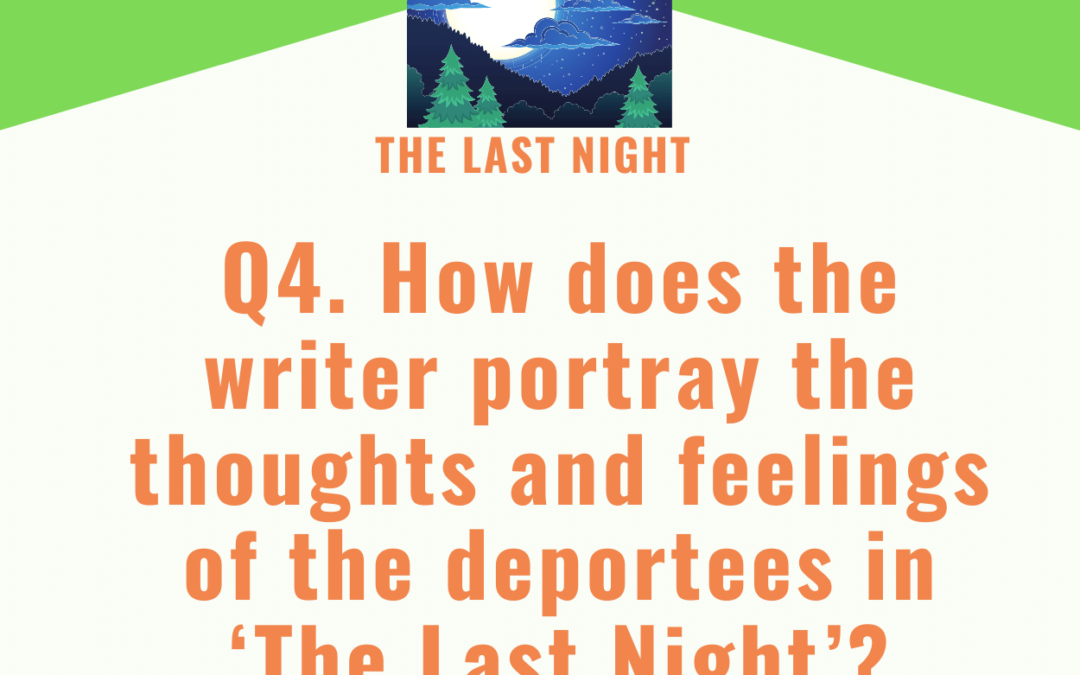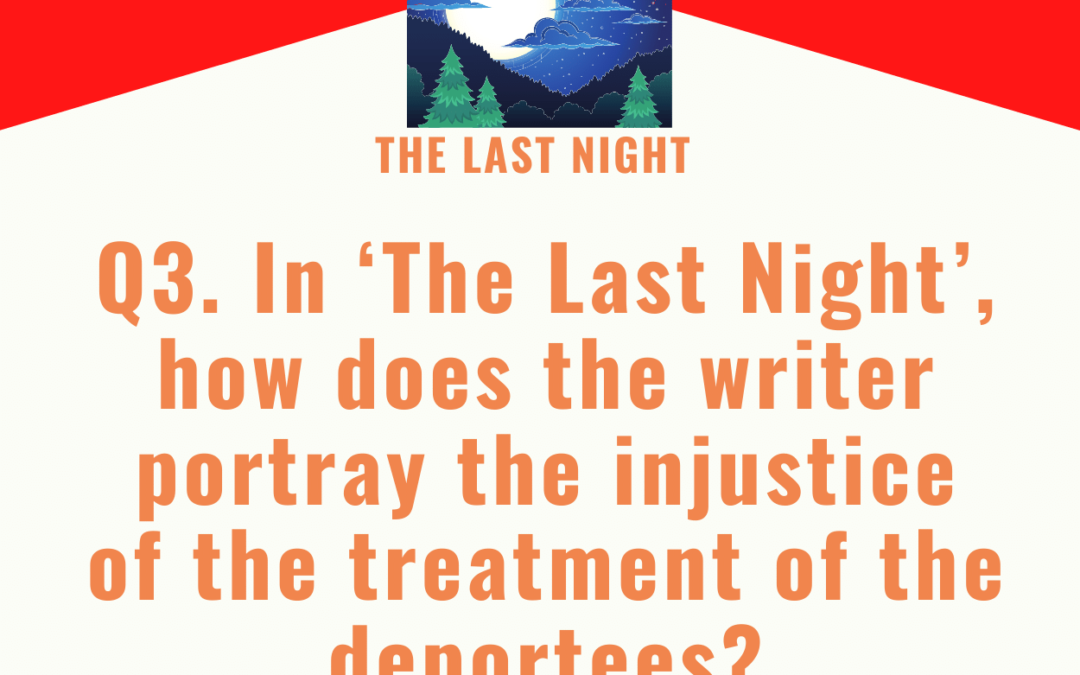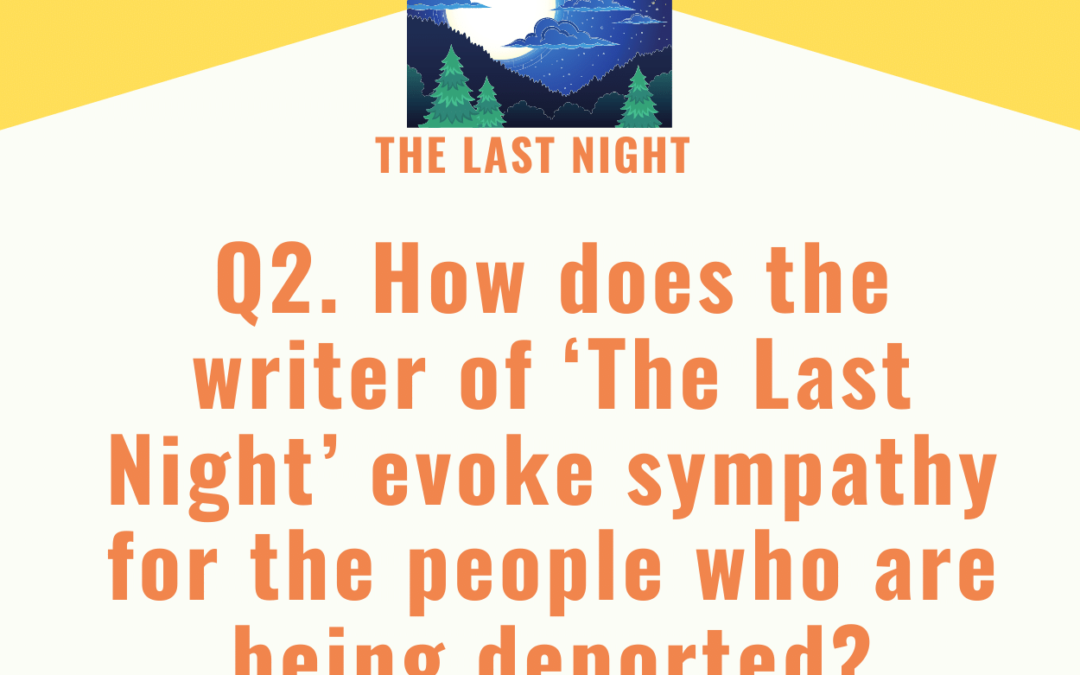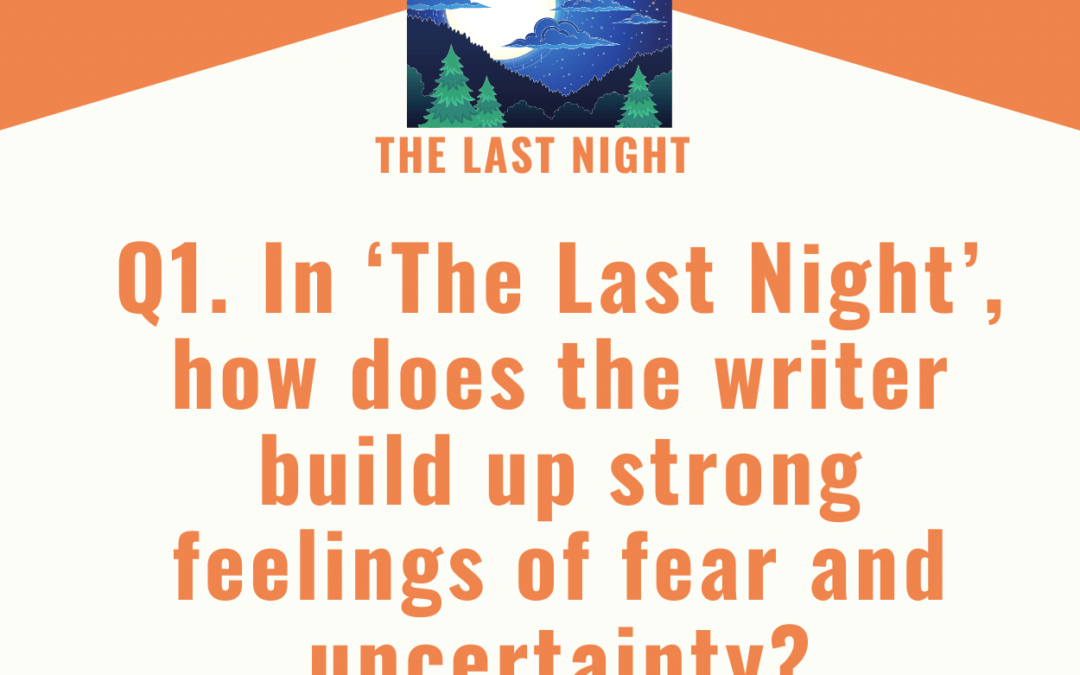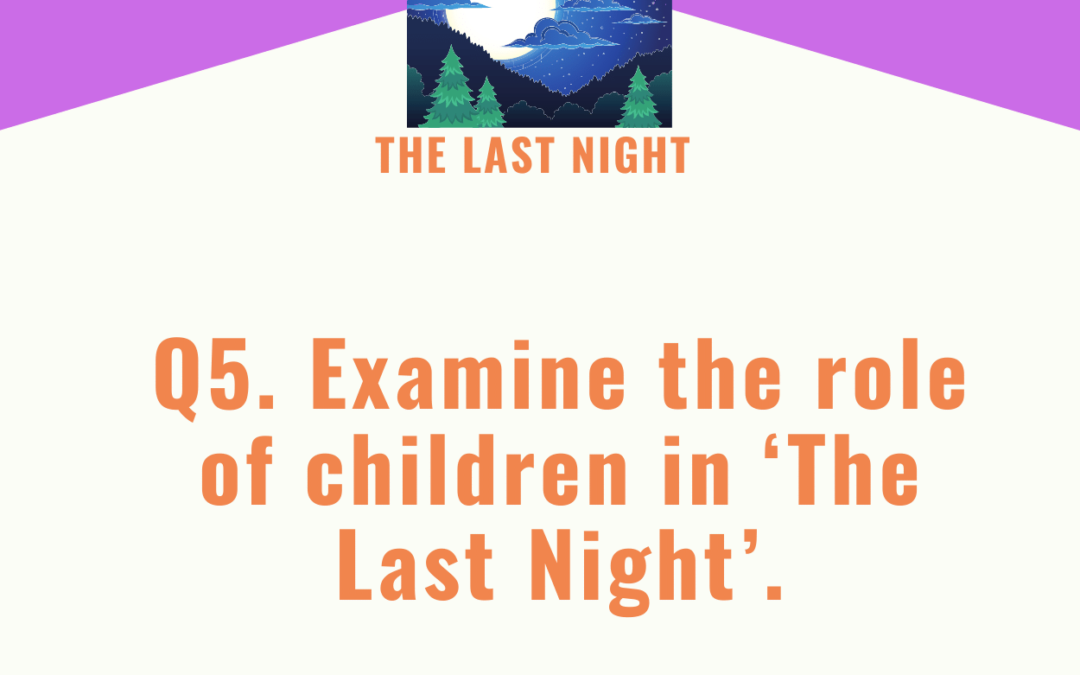
IGCSE The Last Night by Charlotte Gray Model Essays Question 05
Edexcel English IGCSE: The Last Night by Charlotte Gray
Q5. Examine the role of children in ‘The Last Night’.
In your answer, you should think about:
- the feelings of the children;
- the treatment of the children deportees;
- the writer’s use of language.
Refer closely to the passage in your answer. You may use brief quotations.
Edexcel English IGCSE Model Essay by an Expert
Involvement of children in the Holocaust is one of the genocide’s greatest tragedies. In ‘The Last Night’, Faulks describes the feelings and the treatment of child victims of the Holocaust, who are waiting to be transported to concentration camps.
The treatment of the children is shocking and dehumanising. They are sleeping on “filthy straw”, like animals. Faulks refers to the “soft bloom” of Andre’s cheek, evoking an image of innocence and youth. It contrasts with the “dung” which he is lying in. He lies there “uncaring”, showing that he is perhaps too exhausted to care where he sleeps. The children’s basic needs are also not being met. When someone brings them food and water, one boy hugs the woman “in his gratitude”, which shows that this fulfilment of their human rights is interpreted as kindness and generosity. The children also “clustered” around the water pail: this description is another example of dehumanisation, and shows that they are too desperate to wait patiently for the water. The fact that even children are being treated so terribly shows the cruelty of the system.
Although the children may not be fully aware of how dangerous their situation is, they are still fearful. They are able to fall asleep, but “dream of other places” when they do, showing that they are unhappy where they are. In the morning, the children are “at the deepest moments of their sleep”. Sleeping children is a peaceful image, which contrasts with the horrors they will soon have to endure. The idea of a deep sleep is also associated with death, foreshadowing the children’s impending murder. When instructed to go to the buses, they are evidently terrified: “In the filthy straw they dug in their heels and screamed”. In this powerful image, the writer foregrounds the description of the disgusting environment by placing it at the start of the sentence. This reminds the reader that the children would rather stay in a dirty hut than go somewhere more dangerous.
Andre provides an individual child’s perspective on the events of the passage. In particular, he demonstrates the destruction of childish innocence that occurred as a result of these atrocities. When he sees a mother staring with “terrible ferocity” at her child, Andre is confused at first. However, he then realises that she is staring to remember her child, “for ever”. The gravity of this realisation is captured in this phrase; “forever” is usually written as one word, and by separating it, Faulks causes the reader to linger on this concept. The child and mother will never be united. Andre should be too young to recognise such finality, and yet he is being exposed to these tragedies himself.
By describing the role of children in these tragic and horrifying events, Faulks captures the innocence of all the people who were killed in the Holocaust.



